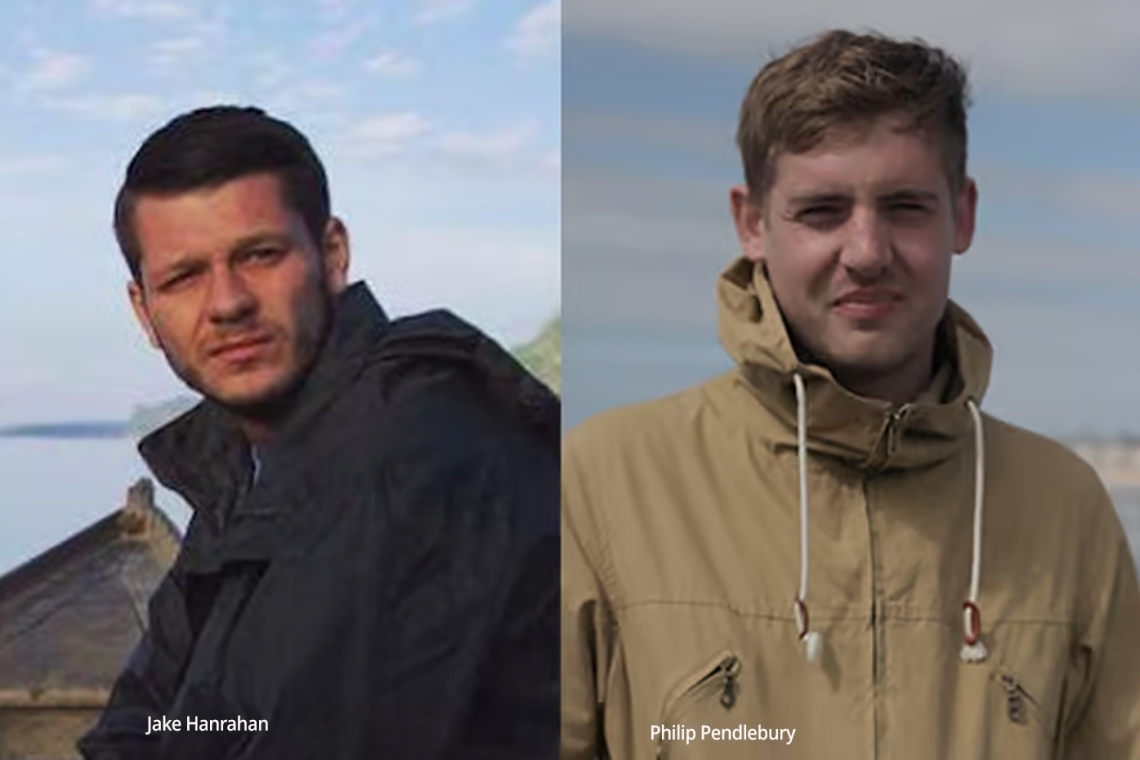By DENİZ TEKİN
DIYARBAKIR, June 25, 2024 - The 20th hearing in the trial of Vice News journalists Jake Hanrahan and Philip Pendlebury saw the Diyarbakır 8th High Criminal Court struggle to find an expert to translate their statements from English to Turkish. The court has decided to request assistance from the Istanbul Duty High Criminal Court for the translation.
Hanrahan and Pendlebury, who were detained and later deported in 2015 while filming a documentary on the conflicts in Cizre, Silopi, Nusaybin, and Sur, are being tried along with their translator and guide. While the defendants were absent, their lawyers attended the hearing.
The presiding judge reported that a directive for a new expert translation was returned because the Ankara Duty High Criminal Court stated that Diyarbakır should appoint its own expert.
Defense attorney Törehan Büyüksoy criticized the directive's return, citing an inappropriate tone that did not fit judicial courtesy. He emphasized the significant gaps in the existing translations and requested that an expert proficient in English and Turkish legal terms be appointed.
The court has decided to seek translation assistance from the Istanbul Duty High Criminal Court and adjourned the case to November 25, 2024.
Case background
Jake Hanrahan and cameraman Philip Pendlebury from U.S.-based Vice News arrived in Diyarbakır in 2015 to document the situations in cities under curfew. They were detained on August 28, 2015, alongside their translator Mohammed Ismael Rasool and their guide, after being reported to the authorities.
The journalists were charged with "knowingly and willingly aiding a terrorist organization" and were sent to Adana F-Type Prison, while their Turkish guide was released pending trial. The journalists were released and deported on September 3, 2015, while Rasool, an Iraqi national, was released on January 4, 2016.
The indictment accuses the defendants of "knowingly and willingly aiding a terrorist organization," violating the "Law on the Prevention of Financing of Terrorism," and "making terrorist propaganda." They face sentences ranging from 15 to 67 years in prison. The indictment includes money found on the journalists, their footage, and notes as evidence of their alleged crimes.



